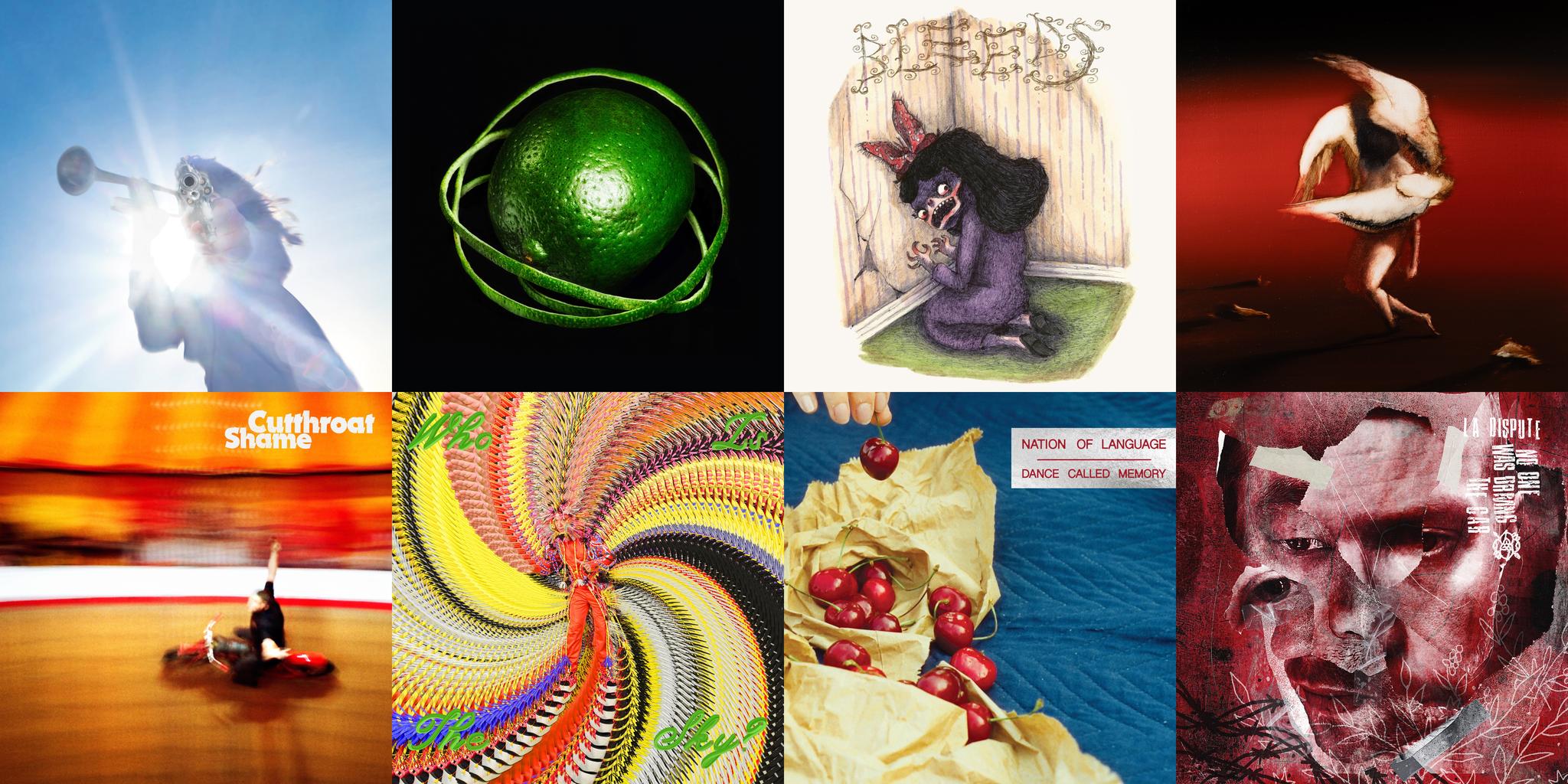

Ruston Kelly has never shied from the spiritual in his music, but this fourth album finds the Nashville-based singer-songwriter in an especially metaphysical mindset. Following his 2023 album *The Weakness*, *Pale, Through the Window* comes after a pivotal time for Kelly, who chronicles a period of reflection, healing, and blossoming love in these 13 new tracks. Kelly recorded the album live in Nashville alongside his touring band and longtime collaborator/producer Jarrad K (Morgan Wade, Tommy Prine), and there’s a subtle looseness in the music that comes from this intimate setup. The opening title track is built atop reverbed vocal harmonies, stacked for a gently mesmerizing effect that mimics being in the same room as Kelly and his crew. Lyrically, that song finds Kelly yearning hopelessly for a lost love, finding only himself instead. “Wayside” laments society “shouting from their phone” and highlights Kelly’s prowess as a melody writer, with a driving, sticky verse hook that breaks open at the chorus, while on “Waiting to Love You” he dips back into the rootsy pop rock of earlier fan favorites like “Mockingbird.” Kelly closes the LP with “All In,” a deeply confessional love song about fully committing oneself to another person, no matter how scary the prospect.












Romantic longing and devotion suffuses the fifth album from Auckland collective LEISURE. A full decade after the six members first convened, their unique brand of modern soul sounds more sincere than ever as multiple members take turns at the mic to serenade the song’s subjects. “I find my diamonds in you” goes the falsetto refrain of “Diamonds,” while similar sentiments guide “Dominoes” and “One in a Million.” The airy “Beach House” imagines buying the titular retreat for one’s lover and falling asleep together against the soothing sound of waves. LEISURE wanted fewer programmed elements and more live arrangements this time around, so they tapped outside guests for selective strings, brass, piano, and backing vocals. Yet, these songs are much more intimate than they are expansive, always sounding like sweet nothings being whispered from the next pillow. As for the music, it remains distinctly smooth and supple, with occasional reggae and funk tinges sneaking into the easygoing proceedings.













On their 2023 debut, *To Learn*, Winnipeg indie-folk raconteur Leith Ross proved they needed nothing more than an acoustic and their daydreamy yet emotionally direct voice to completely captivate you. But with alt-pop superproducer Rostam at their side, Ross embraces the opportunity to color their songs with a broader and brighter musical palette on *I Can See the Future*. The difference is immediately apparent on the opening track “Grieving,” where Ross shares their sobering observations on love and death, but delivers them in a lively, luminous melange of fiddles, mandolins, and foot-stomping beats. Where you could once measure Ross’ confidence through the sheer honesty of their storytelling, here, it’s gauged by their eagerness to break free of singer-songwriter convention: With its beautiful blur of acoustic guitars, tremulous textures, and propulsive rhythm, “Terrified” suggests a dream-team meeting of Big Thief and the Cocteau Twins, as Ross’ vocal incantations float above the swirl like they were having an out-of-body experience. “Alone,” meanwhile, feels like a metaphor for Ross’ career up to this point: Beginning in lo-fi Liz Phair mode, the song builds to a gloriously over-the-top, brass-blasted finale—the sound of a bedroom-pop phenom bulldozing the walls around them to seek communal connection.



Josh Ritter has an unusual name for his artistic muse: “Honeydew.” Determined to reconnect with the ever-elusive creative spark that felt more accessible in his younger years, the 48-year-old singer-songwriter wrote this collection of songs addressed to his muse, recording the collection with producer Sam Kassirer (Craig Finn, Walter Martin) and Ritter’s own Royal City Band. The resulting album is kaleidoscopic in sound and subject, with trippy song titles like “Truth Is a Dimension (Both Invisible and Blinding)” and “The Wreckage of One Vision of You” hinting at the expansive kind of introspection Ritter called forth. Opening track “You Won’t Dig My Grave,” with its chiming piano and rootsy production, doesn’t reinvent Ritter’s sonic wheel, but there’s a new wildness in his voice as he considers the trials and tribulations that have marked his life thus far. “Honeydew (No Light)” lets Ritter get a little weird, as he writes mythical figures like Prometheus into his own personal history while a mandolin, accordion, and synthesizer find oddball harmony in the margins of his tall tales. Other highlights include “Kudzu Vines,” a sludgy, begrudging ode to the “vine that ate the South,” and closing track “The Throne,” a frank and compassionate acknowledgment of the “burdens never meant to be shouldered” that accompany modern life.


Jazz and hip-hop have crossbred and intermingled enough times over the past few decades so that once-clear genre lines remain perpetually and gloriously blurred. Still, there’s always room for reassessment of the classics, and few artists are as suited to straddle both worlds in this fashion quite like Kassa Overall. On *CREAM*, the drummer, producer, and sometime rapper leads his shifting ensemble down a predominantly instrumental route, taking plenty of improvisational liberties with iconic singles along the way. Song titles like “BIG POPPA” and “NUTHIN BUT A ‘G’ THANG” leave little ambiguity about the source material. Yet while his covers rightfully appropriate key elements from these hits and fan favorites, the pathways taken open the compositions up in fresh and revealing ways. While his versions of Digable Planets’ “REBIRTH OF SLICK (COOL LIKE DAT)” and A Tribe Called Quest’s “CHECK THE RHIME” splice directly into those cuts’ jazz sample DNA, approaches to Southern staples by Juvenile and Outkast help link them to a broader lineage.


















